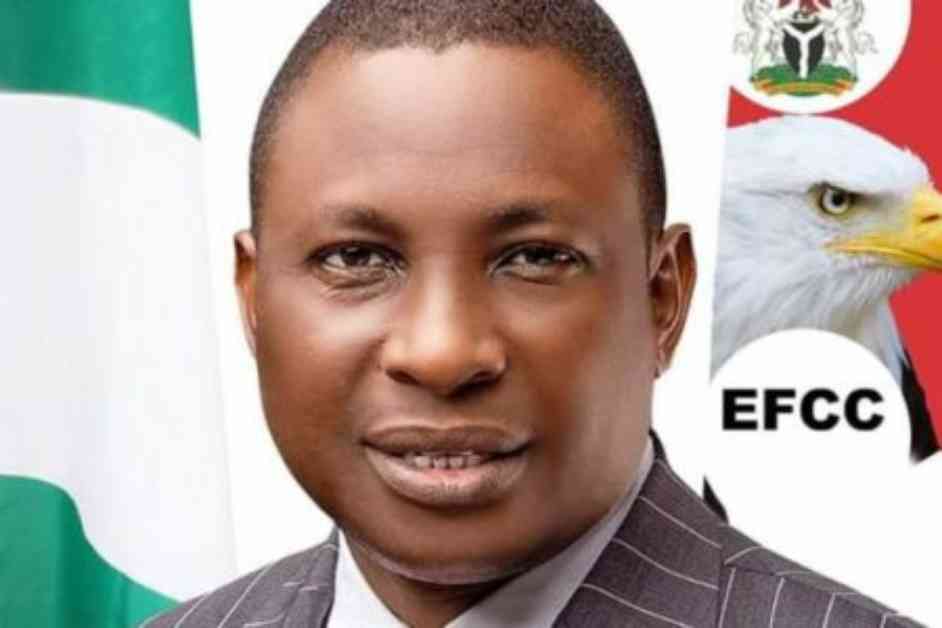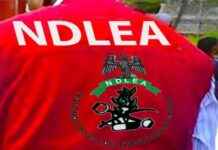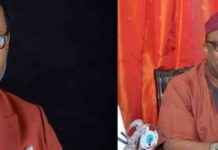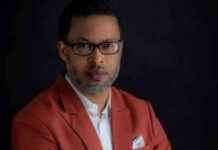Nigerians’ Paradoxical Relationship with Corruption Exposed by EFCC Chairman
In a recent statement, Mr. Ola Olukoyede, the Chairman of the Economic and Financial Crimes Commission (EFCC), shed light on a perplexing trend in Nigeria’s societal fabric. While many Nigerians publicly denounce corruption, a significant number paradoxically rally behind and defend corrupt leaders when they face prosecution. This revelation came to the fore during a meeting in Abuja with officials from the Centre for Crisis Communication, spearheaded by Chris Olukolade.
Olukoyede highlighted the glaring contradiction prevalent in Nigerian society, where individuals vocalize concerns about corruption eating away at the country’s core, yet exhibit support for corrupt figures when they are held accountable for their actions. This phenomenon, he noted, undermines the collective efforts required to combat corruption effectively.
Expressing his dismay at the lack of consistency in public sentiment, Olukoyede emphasized the urgent need for a unified approach in the fight against corruption. He stressed that successful anti-corruption measures demand collaboration between the government and the populace, emphasizing a shared responsibility for upholding integrity and accountability.
Corruption: A Major Hurdle to National Progress
According to Olukoyede, corruption stands as the foremost obstacle hindering Nigeria’s progress and development. He underscored the detrimental impact of financial crimes on the country’s socio-economic landscape, emphasizing that eradicating corruption is paramount to ushering in a new era of growth and prosperity. The EFCC chairman’s remarks underscored the urgent need for a concerted effort to address this pervasive issue.
In order to tackle corruption effectively, Olukoyede underscored the importance of strategic communication and public awareness initiatives. He outlined the EFCC’s commitment to collaborating with organizations like the Centre for Crisis Communication to enhance outreach efforts aimed at promoting integrity and accountability within Nigerian society. By fostering a culture of transparency and ethical conduct, the EFCC aims to bolster its anti-corruption endeavors and garner broader public support for its initiatives.
Dismissal of Officers Highlights Commitment to Integrity
In a move signaling the EFCC’s unwavering commitment to upholding ethical standards, the agency recently took decisive action by dismissing 27 officers for misconduct and fraudulent activities. This decision, as communicated by EFCC spokesman Dele Oyewale in January, underscored the agency’s zero-tolerance policy towards corruption within its ranks.
The dismissals, which followed recommendations from the EFCC Staff Disciplinary Committee and subsequent approval by Chairman Ola Olukoyede, serve as a stark reminder of the agency’s dedication to rooting out malfeasance and ensuring accountability at all levels. By holding its own personnel to the highest standards of conduct, the EFCC sets a precedent for integrity and transparency in its operations.
As Nigeria grapples with the scourge of corruption, the insights shared by Mr. Olukoyede shed light on the complexities inherent in addressing this pervasive issue. By fostering a culture of collective responsibility and unwavering commitment to integrity, both the government and citizens can work together towards building a more transparent and accountable society. Only through united efforts and a shared vision for a corruption-free Nigeria can lasting change be realized.



























